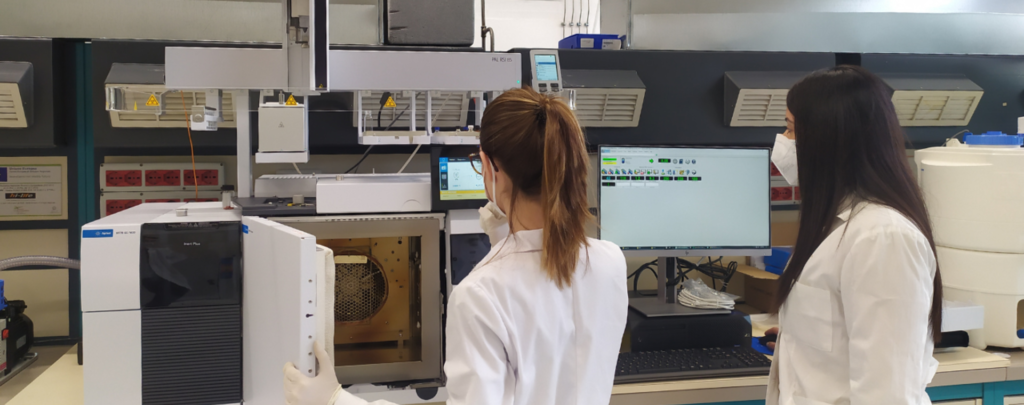
Italy will soon become one of the leading countries in the field of biomedic research and advanced diagnostics. The BIO Open Lab project, funded by the NOP Research and Innovation 2014-2020, will upgrade the CERIC-ERIC distributed research infrastructure which brings together life sciences and nanotechnology research infrastructures of 8 countries in Central and Eastern Europe, including Italy, offering researchers and industry access through a single entry point to more than 50 advanced laboratory techniques.
The upgrade of the CERIC-ERIC infrastructure involves the installation of a Next Generation Sequencing (NGS) facility that will enable the sequencing of large amounts of DNA in a short amount of time and unlock new potential in terms of investigating molecular and biological mechanisms, with significant applications in the field of predictive medicine.
A distributed network of cutting-edge instruments will cover the whole Country, North to South, which will expand Italy’s technological capabilities in structural biology, genomics and mass spectrometry, in line with the “P4 medicine” (Predictive, Personalized, Preventive and Participatory) approach.
The beneficiary partners of the project, which received over 12 million euro in funding under Action II.1 “Enhancement of Research Infrastructures”, are Area Science Park in Trieste, University of Salerno and University of Salento. Between March and April this year, the Department of Pharmacy at the University of Salerno enhanced its mass spectrometry laboratory with five new mass spectrometers for the study of the relationship between our metabolism and certain cancerous and infectious diseases with high social impact. Colorectal cancer, liver cancer and breast cancer are the cancerous diseases currently being studied in collaboration with IRCCS Castellana Grotte, Pascale Cancer Institute and Ebris Foundation.
With regard to infectious diseases, a screening of the metabolomic profiles of 120 COVID–19 patients with varying degrees of severity is currently being carried out in close collaboration with Area Science Park in Trieste.
The project also includes new sequencers at Area Science Park’s Genomics and Epigenomics Laboratory, a high performance computing centre at the University of Salerno, and a Holo TEM/STEM microscope at the University of Salento.
The computing centre at the University of Salerno will become operational in January 2022 and will be one of the first facilities in Europe specifically devoted to the application of Artificial Intelligence to omics data analysis. The microscope at the University of Salento will provide Italian and international researchers with a very high resolution holographic electron microscopy facility for the study of radiation-sensitive materials, with applications in biology and nanomedicine.
The facility is being developed with the contribution of researchers from the Applied Physics and Physics of Matter groups of the Department of Mathematics and Physics “Ennio De Giorgi” and will integrate the high-tech facilities of the degree course in Medicine that will be activated at the University of Salento in the next academic year.
The resulting integrated system, with the potential to address new challenges in the biomedical and biological fields with a holistic approach and using different techniques and instruments, will be unique at the national and international level.
“As Area Science Park, we are very pleased to see the completion of the Salerno mass spectrometry laboratory that will then be integrated into the project and provide the national and international scientific community with state-of-the-art instruments, promoting interdisciplinarity and enabling excellent research to meet future societal challenges”, said the Director of the Institute for Research and Technologies at Area Science Park, Stefano Cozzini.

